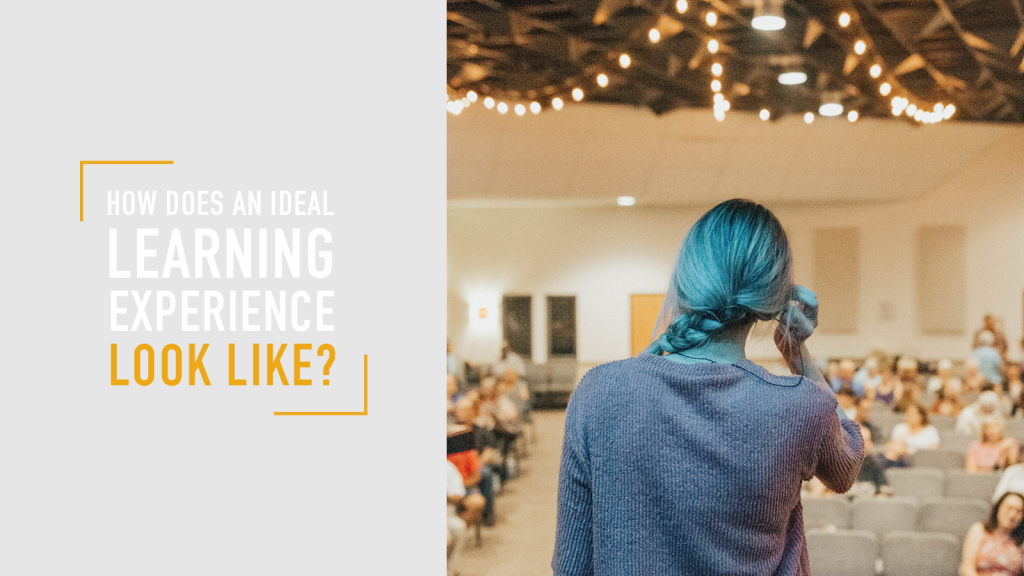This is the fourth part of a blog series on the evolution of POLIS.
In our focus group discussions with political professionals, we tested five hypotheses to understand what kind of political training they need. The sessions clearly indicated that a new approach is necessary. The participants shared the conviction that democratic forces need new techniques to be able to solve complex problems and counteract populist strategies. “We keep getting taught by the people who have done it before: offering the past instead of the future – innovation is not considered,” one participant pointed out. This brings us to the question: what kind of training will replace these old patterns? In this article we summarise our learnings and present the four components we have identified for an ideal learning experience: the right level of diversity within the learning group; choice of topic and expectation management; applicability; and self-guided learning.
Connected diversity
One key element of an enriching learning experience is the composition of the learning group. Political professionals appreciate diverse learning groups which enable the discussion of various perspectives and help them to grow their network. But it is essential that participants have at least one of the following in common: position, function or career stage; facing the same challenges; or common needs or goals. If there is no connection at all, the differences within the group can hinder a fruitful exchange of insights. A mayor who has to update a land-use plan has other needs than a communications manager of a political party who needs the skills to deal with pushy press requests.
Choice of Topic and Expectation Management
It sounds like a platitude but we have to focus on the right questions to offer beneficial answers. Which topics are relevant to political professionals now and in the future? Which competencies do they need to successfully navigate problems and challenges? Which skills help them to further their careers? Only if we carefully identify the most pressing issues, we are able to offer training that will prove valuable in the long term.
Covering a burning subject is good. It is even better to be transparent about what a training will cover exactly – and what it won’t. It is essential to set realistic expectations. Many contemporary topics such as “digitalisation” are broad and political professionals are busy. Since it is not our aim to waste anyone’s time (including ours), we need to break down these broad issues into tangible, workable sub-topics which address operative or strategic challenges. Thus, it is crucial not only to highlight what the training focuses on but also how it will transform the participant’s work.
Make it applicable
“Information sharing sessions are not training!” The focus groups made it clear: Instead of listening passively to expert input, participants want to gain practical and applicable knowledge to professionalise their work and be better able to master complex challenges. Therefore, it is not enough to present solutions; participants want to learn how to translate the training’s insights into real action within their own context. We need to combine in-depth knowledge transfer with its application, skills training and tool testing. Thus, participants can benefit directly and instantly on the first day at work after the training.
The participants appreciated our idea of case-study based learning, exploring real-world scenarios and first-hand experiences. Thereby, it is crucial to go into detail about what works and what doesn’t. One participant stated the importance of examining “all factors leading to a best practice – including possible obstacles and failures.” Gaining such a holistic view equips political professionals to have not only good ideas but also to implement them successfully.
Self-guided learning
Participants encouraged us to go even further: in an ideal educational setting, they get the chance to come up with solutions themselves, to discuss them with peers and to compare them with sample solutions. Such a design can dramatically increase the quality of the training as it aligns with the insights of Edgar Dale who stated that “the brain tends to remember 10% of what it reads, 20% of what it hears, but 90% of what it does or simulates.” Participants learn to develop creative solutions and set up smart processes – essential skills, given the volatile and uncertain environment in which political professionals are operating.
You might think that such a curriculum is already out there. But our research shows that existing offers are either focussing on theory and policy (universities), are too partisan (political parties) or national in scope. In the next blog, you can read how we translated these aspects into a training design and learn how the first tester reacted to our training prototype.
Interested in joining the project? Register now and become part of the journey!
